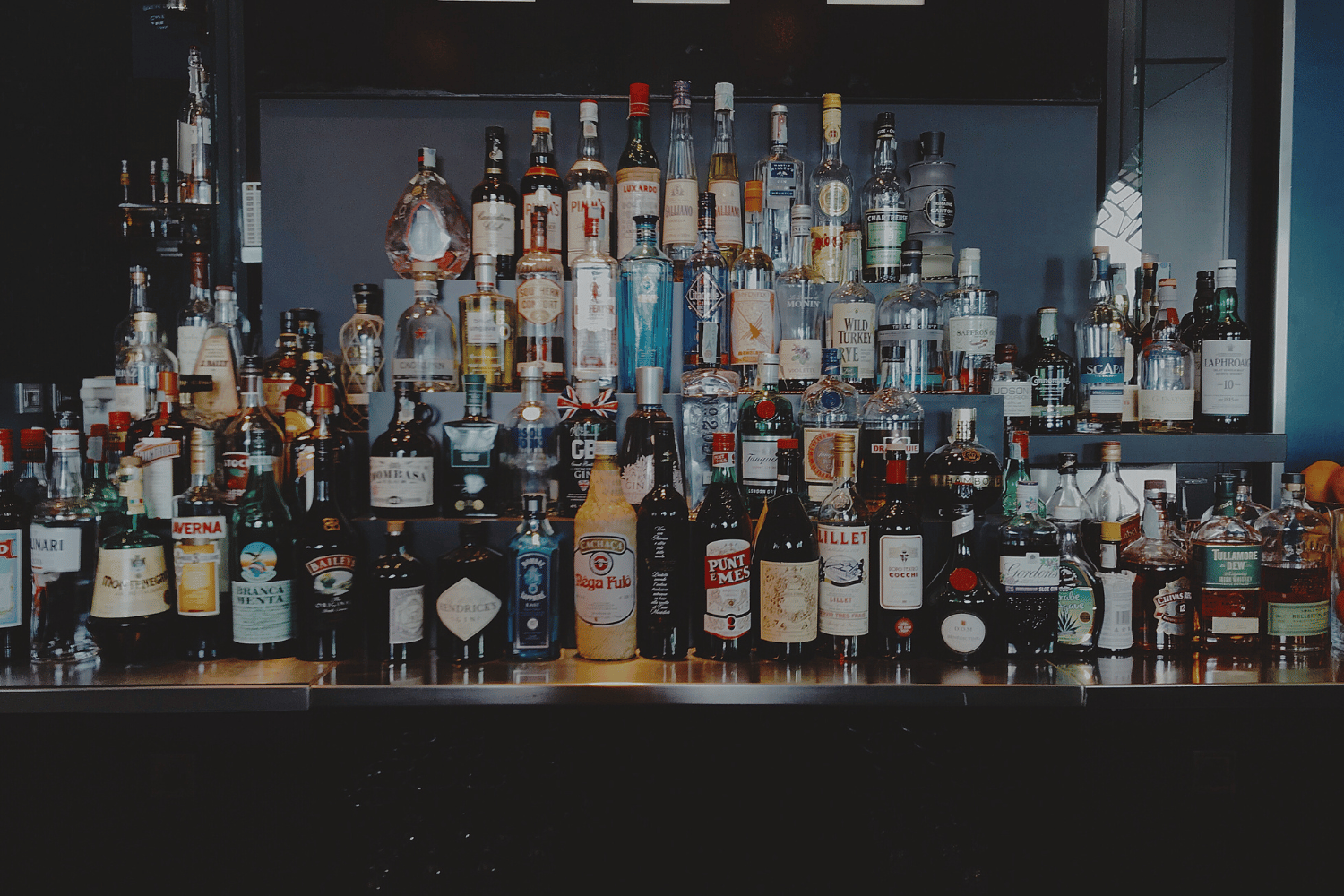Why is alcohol withdrawal so important?
Alcohol dependence affects not only the body, but also changes the way you think, feel, and live your daily life. Many people only realize late how much their consumption controls their lives. The good news: If you decide to quit, you can regain a tremendous amount of quality of life—physically, mentally, and socially.
Consequences of Alcohol – Why Quitting Makes Sense
Long-term alcohol use can cause many health problems:
Liver damage and increased risk of heart attack
Mental health issues such as depression or anxiety
Social conflicts—with family, friends, or at work
Deciding to stop often brings more clarity, energy, and stability back into your life.
Starting Alcohol Withdrawal – First Steps Out of Addiction
It all begins with honest self-awareness: “I need help.” Even having this thought is a courageous step. It’s important not to go through this alone. Talk to someone you trust or speak with your family doctor. It often helps to identify typical risk situations in your daily life so you can be better prepared.
When do you most often reach for alcohol?
Which feelings or situations trigger you?
What could you do instead?
Help with Alcohol Withdrawal – What Support Is Available?
There are many ways to find support—and not everyone needs inpatient treatment right away.
Outpatient counseling: Confidential one-on-one sessions or group programs
Self-help groups: Exchange with others affected—for example, Alcoholics Anonymous
Psychotherapy: Professional guidance and long-term strategies
You don’t have to walk this path alone. And: Every step forward counts.
Withdrawal Symptoms from Alcohol – What to Expect
Withdrawal can be physically and emotionally challenging. Depending on your drinking habits, symptoms vary—some subside after a few days, others take longer.
Tremors, sweating, restlessness
Rapid heartbeat, sleep problems, irritability
Mood swings, depressive episodes
Medical or therapeutic support is recommended—especially if symptoms are severe.
A New Daily Life Without Alcohol – What Changes
A life free from addiction requires new routines. Alcohol often played certain roles in your life—to unwind, as a reward, or out of habit. Now it’s time to fill those gaps:
Exercise & sports: Good for mind and body
Creative hobbies: Painting, cooking, writing
Stress relief: Meditation, breathing exercises, music
Daily life won’t become perfect overnight—but it will get easier, step by step.
Alcohol Addiction and Relapses – What to Do If It Happens?
A relapse is not a failure, but part of the process. What matters is not giving up. Instead of judging yourself, it’s worth asking:
What triggered me?
How can I better protect myself in the future?
Who can I call or ask for help right now?
Sometimes, relapses are the starting point for an even stronger comeback.
Living Alcohol-Free for Good – Long-Term Strategies
Abstinence is more than just giving something up – it means actively choosing a different life. To make this work in the long run, the following things can help:
A stable social environment
New goals that have nothing to do with alcohol
Regular self-reflection
Be patient with yourself – every day without alcohol is a step in the right direction.



